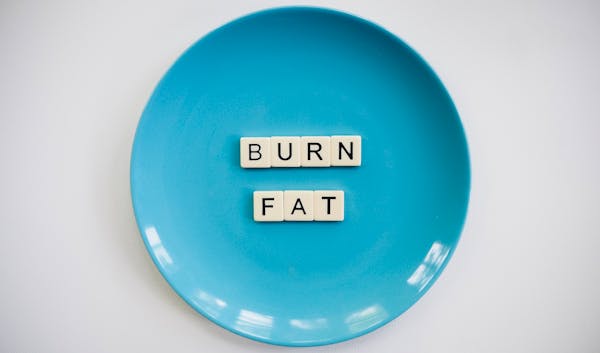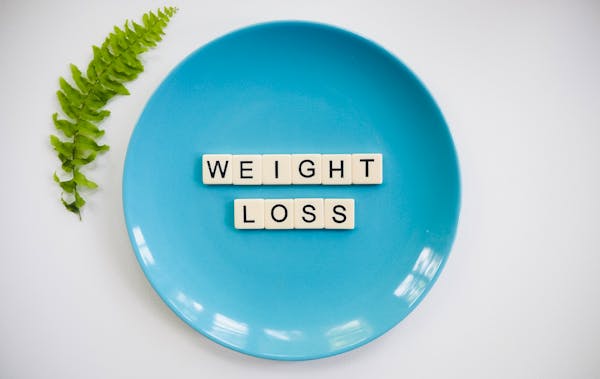The Keto diet has become incredibly famous in recent years as a powerful means of shedding pounds and enhancing health. To create a state of ketosis in the body, this eating strategy calls for significantly reducing carbohydrate intake and increasing fat consumption. Here is a beginner's introduction to the Keto diet to help you get started if you're interested in giving it a try.
Understanding the macronutrient ratios involved is the first stage of following the Keto diet. The Keto diet typically consists of 75% fat, 20% protein, and only 5% carbs. This implies that the majority of the calories you consume each day will be healthful fats like those found in avocado, nuts, and coconut oil. It's crucial to remember that the type of lipids you eat matters because trans and saturated fats can be harmful to your health.
The items that are prohibited from the Keto diet must also be known. Bread, pasta, sugar, and other high-carb foods are rigorously forbidden, as are many high-carb fruits and vegetables. Consider replacing them with high-fat, low-carb foods like meat, seafood, eggs, and non-starchy vegetables. Although it might take some time to get used to the new eating habits, there are many delectable Keto-friendly recipes online to keep you on schedule.
Finally, when beginning the Keto diet, it's critical to pay attention to your health. In the initial days or weeks, some individuals may experience side effects like headaches, fatigue, and digestive problems. The body adjusting to the new method of eating is what is referred to as the "Keto flu" and causes these symptoms. Make sure to drink plenty of water, get enough sleep, and speak with a medical expert if you have any worries.
In conclusion, the Keto diet may be a successful strategy for enhancing health and achieving weight reduction objectives. You can effectively implement this well-liked eating regimen by being aware of the macronutrient ratios, avoiding foods high in carbohydrates, and paying attention to your body. Before beginning the Keto diet, as with any major dietary change, it's wise to speak with a healthcare provider.








0 Comments